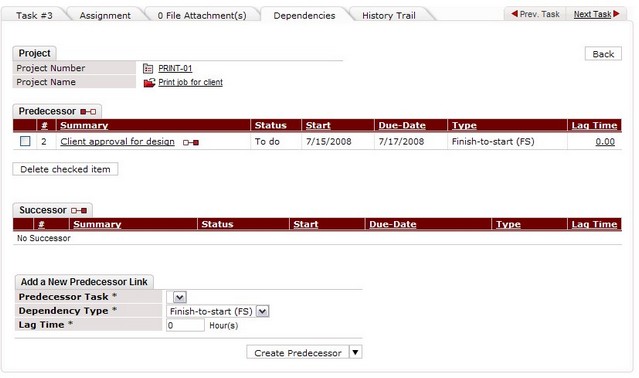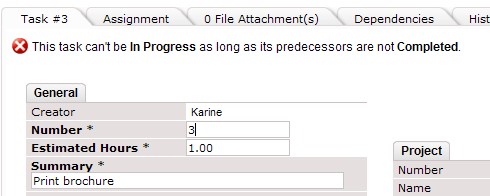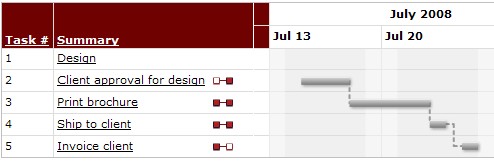When Murphy takes over
Murphy is taking over my work day: my laptop has been turned into a brick by the very application designed to save it from becoming one, the Restore program.
My week started looking bright. I had been having problems with my laptop for a while, and I thought restoring it to factory defaults and starting over would fix a lot of issues. Conveniently, my laptop has just the application to do this, in a few clicks. So I make sure to back up all my data, get all my applications' install files and take note of my settings to make sure I could reinstall my work environment in a speedy manner.
As I arrived at work this morning, I got ready to restore my laptop. And Murphy took over.
At first it felt like my day would be wasted.
But wait! Some good can come out of this, I promise
It turns out that, like many failures we have to deal with, this laptop issue has a silver lining: My laptop's hard drive is now being entirely checked and […]


